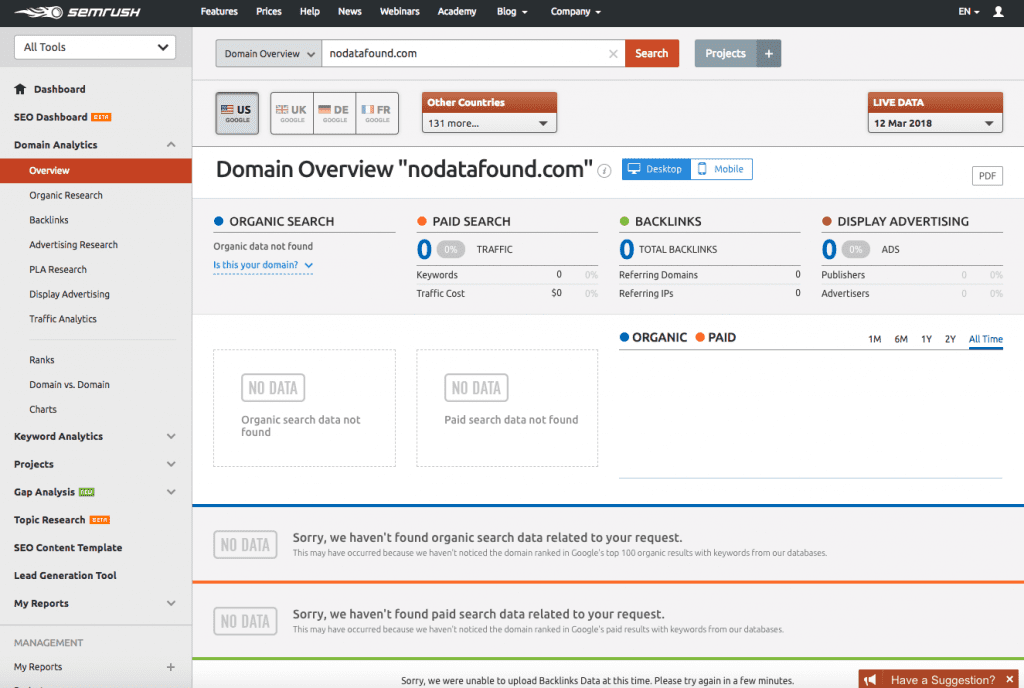- ON-site: Understanding Core Web Vitals
- OFF-site: exploring the 7 most useful Content Tips for 2021
The Google Core Web Vitals announcement means that the industry as a whole have 3 months left to prepare, before these metrics become a ranking factor. Agencies however have seen major changes in analytic results – and have argued that by monitoring the search console closely, lacking in “core web vitals” are already affecting e-commerce performance. And the key take-away is? Remove slow web builders, quickly find fast hosting providers and understand how UX/UI requires a more meaningful approach, or Google will send you less visitors.
This does not mean other e-commerce marketing activities are lagging behind. As specialists have continuously pointed out, real success- in relation to user-experience, search engine results and brand image, can occur only when the skill of SEO is performed in conjunction with the art of writing. Consequently, this article will evaluate the 7 most important SEO writing tips and provide a deep overview of the advantages of each one in 2021.
Compare Press Release Providers such as PRWeb, PRNEWSWIRE and Sitetrail
Comparing different distribution platforms can go a long way in maximizing your SEO results.
This is because different platforms offer different terms in relation to their pricing, capability and reach and consequently will yield different results in relation to the online proliferation of your content at different opportunity costs.
For example, a recent Press Release Buying Guide comparing PRWeb VS Newswire illustrated that Sitetrail’s ‘unique’ editorial releases- with its team of in-house journalists, added a certain element of authenticity to their content which significantly improved search engine optimization results and allowed brands to effectively ‘shortcut’ into publications such as Forbes and Entrepreneur- saving thousands of dollars in conventional fees.
Think Keywords first
Utilizing keywords effectively is a must. This is because regardless of how advanced or intelligent search algorithms have become, they have yet to develop to the point of recognizing a ‘best voice’ in any given piece of writing. Keywords allow interested readers to comfortably find your writing- expanding your work’s applicability and influence.
Before starting, you must ensure you understand your buyer; particularly who they are, what they are after and why they are looking for these particular terms.
Use Bold Lettering Wherever Possible
Generally speaking, choosing to incorporate bold letters or italics in your writing is completely inconsequential to the Google Algorithm. However, correctly utilizing bold lettering in written work can provide a plethora of SEO-related benefits.
As most users tend to quickly skim-read content, coming across bolded lettering usually allows readers to easily ascertain the purpose of the entire page. This is often called ‘soft’ SEO strategy as it does not rely on any Search Engine ranking and instead works on maximizing reader utility.
Utilize an Effective Title Tag
Title Tags are extremely important for two main reasons:
- ) they allow potential readers to quickly ascertain what information they are likely to find on a page before they click on it, and
- ) they are used by Search Engines as important tools in determining the relevancy of your content in relation to the related search queries.
In ensuring Google favours your Title Tag, always incorporate your targeted keyword within the title- ideally in the beginning, and try to keep it under 60 characters to avoid any incomplete headlines.
Include your Target Keyword in Your Meta Description
Meta description tags can have a significant impact on your SEO as they are commonly used by search engines as page summaries.
In optimizing your Meta description, always ensure to:
- ) include researched, targeted keywords,
- ) articulate your content’s benefits and value, and
- ) appeal to your reader’s emotion
In doing so, you are likely to significantly increase your click-through rate and improve the ratio between the number of people that simply view your page and the number of people who actually click on it and travel to your website.
Only Include Related Keywords
Whilst it can be easy to simply ‘fill’ in a couple keywords after having done the writing, it is important to take your time and thoroughly cover all keyword-related research before you start writing. This will add a natural flow of balance to your writing and ensure your written content is built around your relevant highlighted material. Keyword tools like SEMRUSH can be a major help in this regard.
Write Powerful Sentences & Paragraphs
Lastly, correctly articulating key words and sentences in your content’s paragraphs is- albeit a rather basic tip, crucial in ensuring you consistently capture your audience’s attention effectively.
Your strongest words and paragraphs should always be used in the start and in the end of your writing. In doing so, you are more likely to keep your readers interested as you are keeping any ‘stale’ or repeated material in the middle of your content.





































